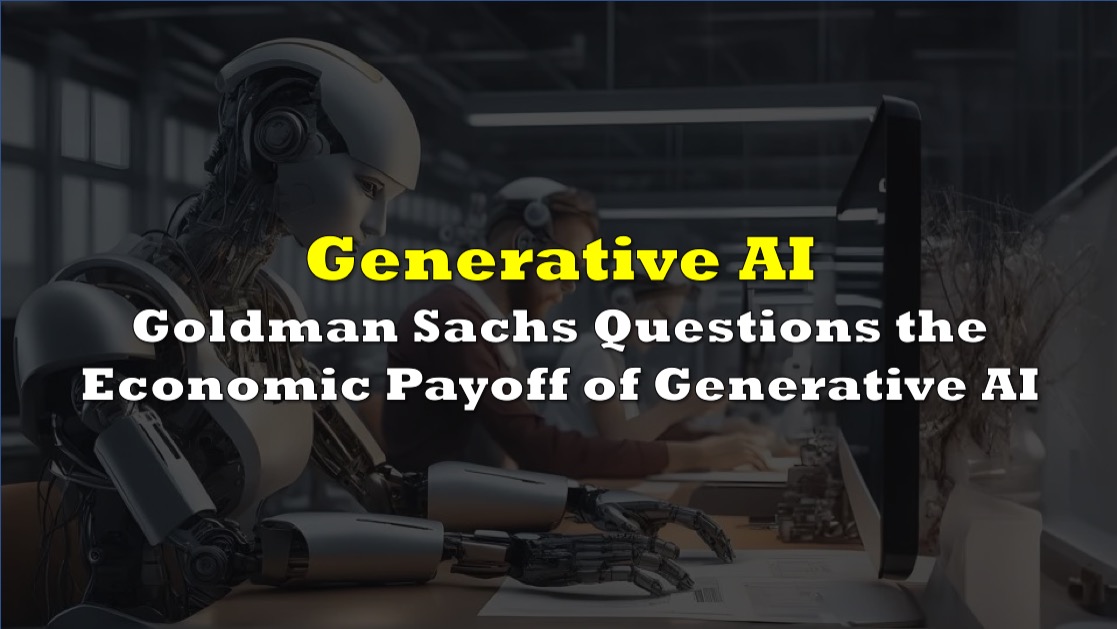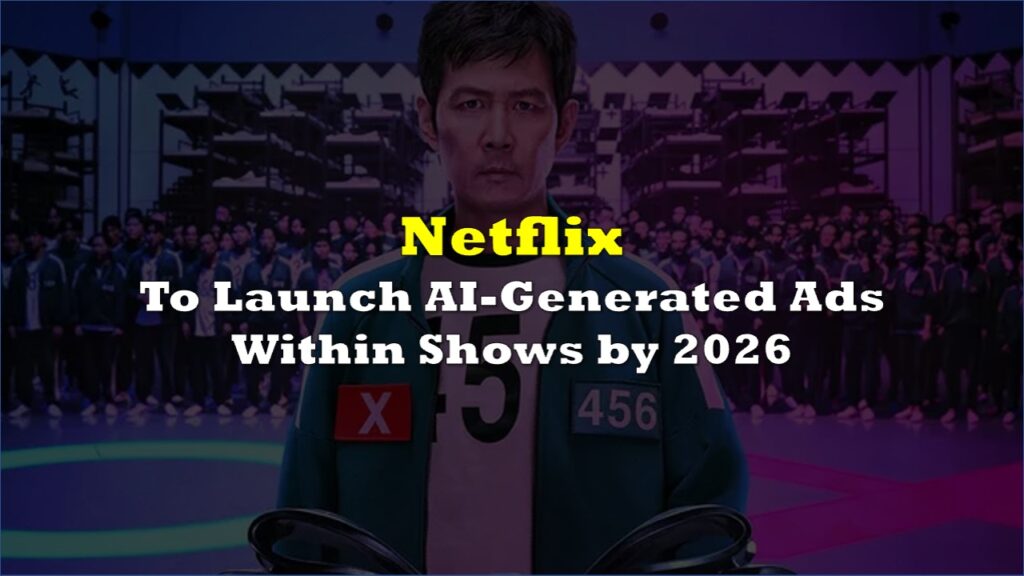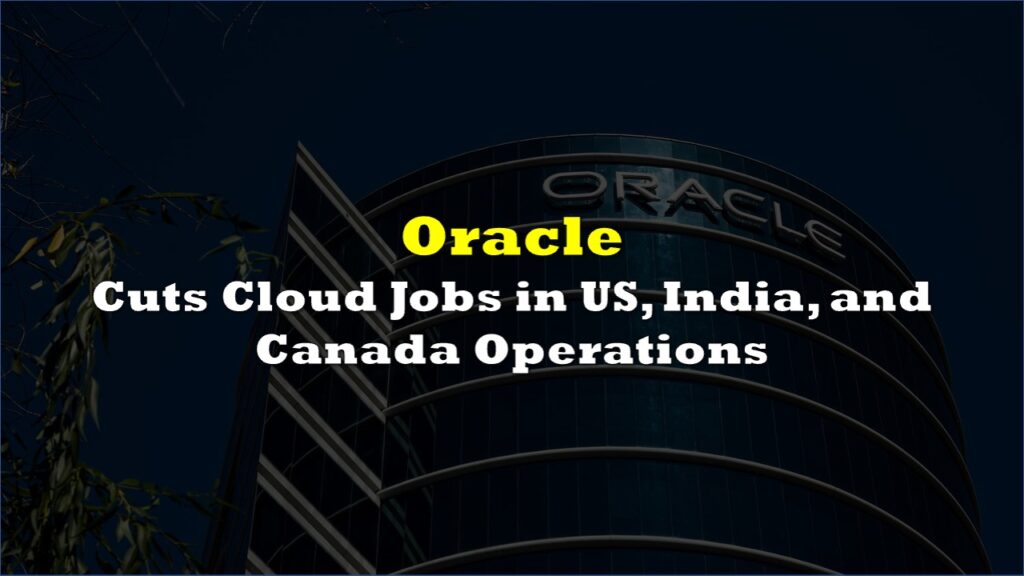The anticipated economic benefits of generative AI investments are under significant scrutiny, according to the latest research newsletter from Goldman Sachs. The report, which features insights from prominent economists and analysts, raises critical questions about whether the substantial capital expenditures on AI will yield the expected returns.
Tech giants and various industries are poised to invest over $1 trillion in AI-related capital expenditures over the next few years. These investments encompass the development of data centers, chips, AI infrastructure, and power grids. Despite the heavy spending, tangible returns have so far been limited, prompting experts to question the overall efficacy and economic payoff of these investments.
The Goldman Sachs report presents a range of perspectives from experts who are both skeptical and optimistic about AI’s potential economic impact.
Skeptics
MIT economist Daron Acemoglu is among the skeptics. Acemoglu projects that AI will have a modest impact on the U.S. economy, estimating only a 0.5% increase in productivity and a 0.9% rise in GDP over the next decade.
He argues that the benefits of AI will primarily be confined to automating specific tasks rather than creating new products or services. According to Acemoglu, only 4.6% of all tasks will be impacted by AI within the next ten years due to the limited cost-effectiveness of current AI technologies.
“Given the focus and architecture of generative AI technology today, these truly transformative changes won’t happen quickly and few—if any—will likely occur within the next 10 years,” said Acemoglu.


Acemoglu emphasizes that while AI has the potential to revolutionize scientific discovery, research and development, and innovation, these transformative changes are unlikely to happen quickly. He points out that many tasks requiring real-world interaction and complex cognitive processes remain beyond AI’s current capabilities.
Jim Covello, Head of Global Equity Research at Goldman Sachs, shares Acemoglu’s skepticism. Covello highlights the high costs associated with AI technology and its current inability to solve complex problems.
He argues that AI must provide solutions to intricate issues to justify its costs, which it currently does not. Covello is doubtful that AI’s expenses will decrease sufficiently to make widespread automation affordable and questions whether AI can significantly boost company valuations and revenues.
“AI technology is exceptionally expensive, and to justify those costs, the technology must be able to solve complex problems, which it isn’t designed to do,” Covello stated.

Bingooooooooooo https://t.co/8v0qHYBRFu pic.twitter.com/UuaiiwMUeJ
— Bruce Arthur (@bruce_arthur) July 8, 2024
Optimists
In contrast, some experts remain optimistic about AI’s long-term prospects. Joseph Briggs, a senior global economist at Goldman Sachs, estimates that AI will eventually automate 25% of all work tasks, potentially increasing U.S. productivity by 9% and GDP by 6.1% over the next decade. Briggs argues that while many AI-exposed tasks are not cost-effective to automate today, the long-term potential for cost savings and productivity gains is substantial.
He incorporates the potential for labor reallocation and new task creation into his productivity estimates, consistent with historical trends where technological innovations have driven economic growth by creating new opportunities and reallocating resources.
“We maintain that generative AI’s large potential to drive automation, cost savings, and efficiency gains should eventually lead to significant uplifts of productivity and GDP,” Briggs commented.
Kash Rangan and Eric Sheridan, both analysts at Goldman Sachs, also remain optimistic about AI’s transformative potential and its ability to generate long-term returns. They believe that the current AI investment cycle is promising, with spending levels comparable to past tech cycles.
Sheridan notes that the current capital expenditures as a share of revenues do not look markedly different from previous tech investment cycles. Both analysts argue that the substantial AI expenditures will eventually pay off, driven by companies with low capital costs and extensive distribution networks.
“Spending is certainly high today in absolute dollar terms. But this capex cycle seems more promising than even previous capex cycles,” Rangan stated.
Despite the optimism, the report also highlights significant challenges that could constrain AI’s growth. Goldman Sachs’ semiconductor analysts, including Toshiya Hari, Anmol Makkar, and David Balaban, note that chip shortages, particularly in High-Bandwidth Memory technology and Chip-on-Wafer-on-Substrate packaging, will likely hinder AI growth in the short term. The demand for chips is expected to outstrip supply, posing a significant bottleneck for the expansion of AI technologies.

Brian Janous, Co-founder of Cloverleaf Infrastructure and former VP of Energy at Microsoft, raises concerns about the ability of the aging U.S. power grid to support the surge in demand driven by AI technologies. Janous and other analysts, like Carly Davenport and Alberto Gandolfi, warn that substantial investments in power infrastructure are needed. However, these investments may not happen quickly due to regulatory and supply chain constraints, potentially leading to a painful power crunch that could limit AI’s growth.
“US utilities aren’t prepared for this coming demand surge,” Janous warned, pointing out that substantial investments in power infrastructure will be needed to avoid a power crunch.

Despite the differing views on AI’s economic benefits, the report suggests that the AI theme may continue to attract investment, driven by either actual technological advancements or prolonged market speculation. Goldman Sachs’ senior U.S. equity strategist Ryan Hammond anticipates that AI beneficiaries will extend beyond current leaders like Nvidia to include sectors such as utilities. He argues that the “picks and shovels” AI infrastructure providers will continue to benefit even if the broader economic returns are limited.
“Although AI’s fundamental story is unlikely to hold up, the AI bubble could take a long time to burst, with the ‘picks and shovels’ AI infrastructure providers continuing to benefit in the meantime,” Hammond noted.

While skepticism persists regarding AI’s immediate benefits, optimism remains about its long-term transformative potential. The question of whether AI will deliver on its promise or face significant hurdles remains open, but the discourse surrounding its potential continues to evolve.
Information for this story was found via Goldman Sachs and the sources mentioned. The author has no securities or affiliations related to the organizations discussed. Not a recommendation to buy or sell. Always do additional research and consult a professional before purchasing a security. The author holds no licenses.









